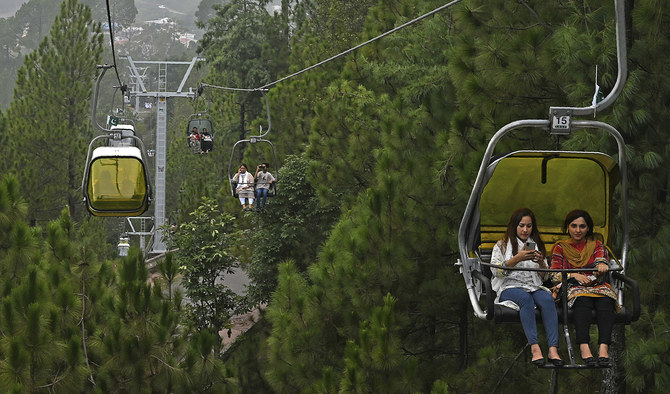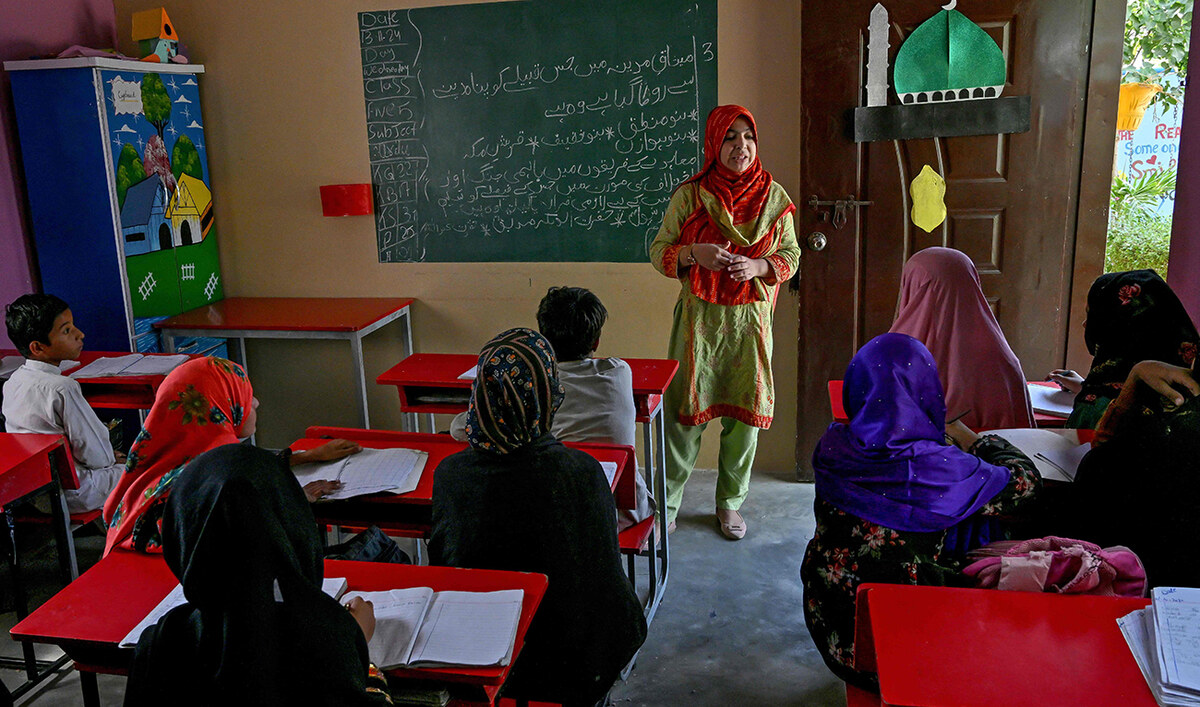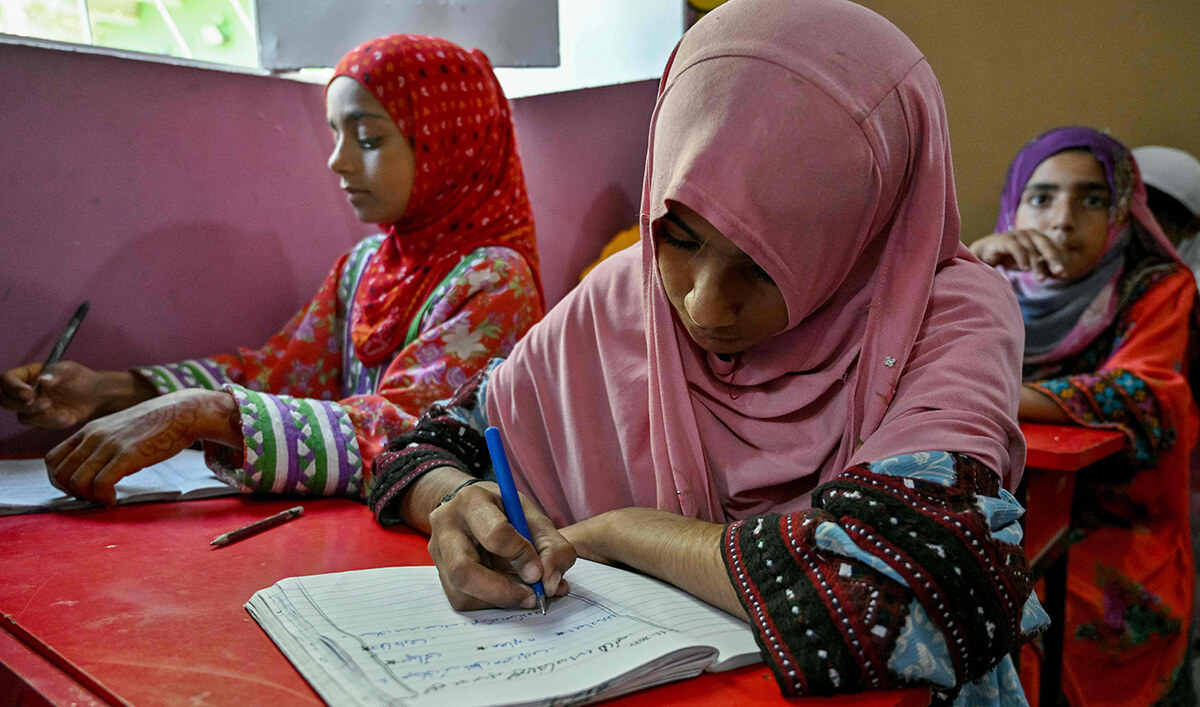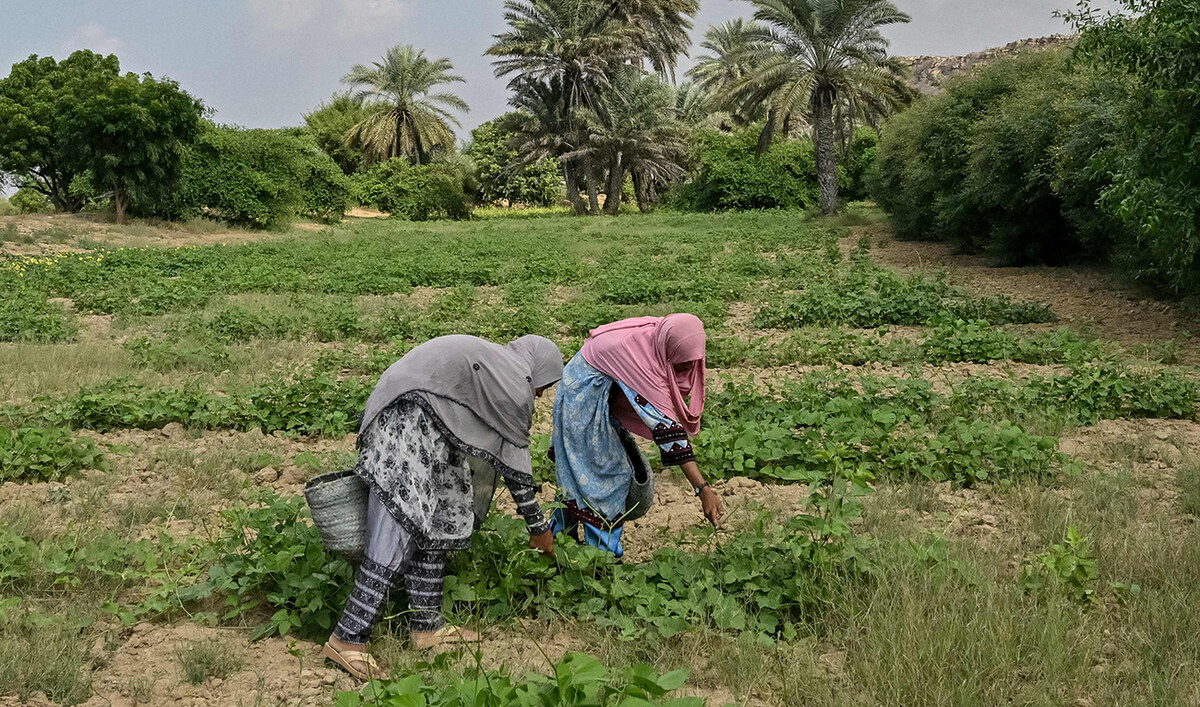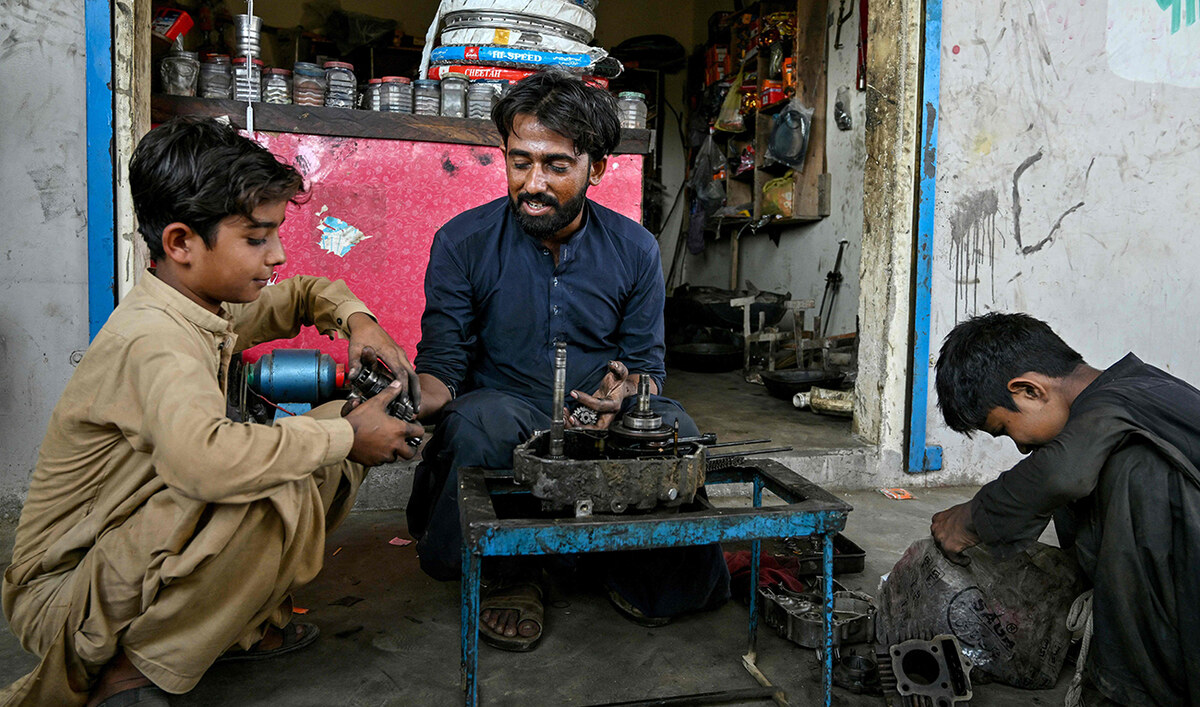ISLAMABAD: Pakistan’s National Institute of Health (NIH) on Wednesday urged people to strictly follow COVID-19 standard operating procedures (SOPs) while holidaying during the Eid Al-Adha festival that starts on Sunday.
Pakistan has had very few COVID-19 cases in recent months and did away with almost all precautions.
But the South Asian nation has seen a spike in COVID-19 infections in recent weeks, with the national positivity ratio rising to 4.69 percent in the last 24 hours, as 805 tests turned out positive. Over 168 patients are currently in critical care at hospitals across the country.
The National Command and Operation Center (NCOC), Pakistan’s federal pandemic response body, also said the COVID-19 positivity rate had reached 17.46 percent in Abbottabad, a main tourist destination in the northwest of the country.
“Strictly adhere to coronavirus safety precautions during your tourist trips,” the NIH said in a statement. “The risk of spreading the coronavirus increases at crowded places, so make sure to use a face mask and [use] hand sanitizer.”
The body also advised people to maintain social distance and ensure that all those traveling to tourist destinations were fully vaccinated and had gotten booster doses
On Tuesday, the government issued fresh guidelines for Eid Al-Adha.
“Eid UI Adha prayers should be organized in open spaces under stringent COVID protocols. In case of any compulsion to offer the prayers inside mosques, then all windows and doors should be kept open for ventilation / to minimize the chances of disease spread,” the NCOC said in a statement.
The body said up to three Eid prayers should be organized at a single venue with staggered timings to allow maximum people to offer prayers with COVID-19 protocols in place.
“All ulemas leading Eid prayers should be sensitised to keep sermons ... short so that people remain present in the prayer venues for a brief duration,” the guidelines said. “Efforts should be made to discourage sick, elderly and young children from attending Eid prayers.”
People without face masks should not be allowed to enter prayer venues, the NCOC said, adding that prayer venues should have multiple entry and exit points and venue organizers should ensure the availability of hand sanitisers.
“It should be mandatory for all coming for prayers to use sanitisers before entering the venue,” the guidelines said.
“To ensure social distancing protocols, venue organizers to ensure prominent marking (6 feet apart) to allow sufficient space/distance between individuals. People should be encouraged to perform abulution at home before coming for the prayers and also bring their own prayer mats to the venue. Efforts should be made to sensitise people to refrain from embracing and handshaking after the prayer to avoid chances of disease transmission. There should not be any gathering at the prayer venue before the prayer and people should be asked to disperse immediately after the prayer.”
The NCOC said efforts would be made to promote and encourage central and collective sacrifices through various public, private and community organizations, while ensuring adherence to the COVID-19 protocols of mask-wearing, social distancing and avoidance of crowds.


